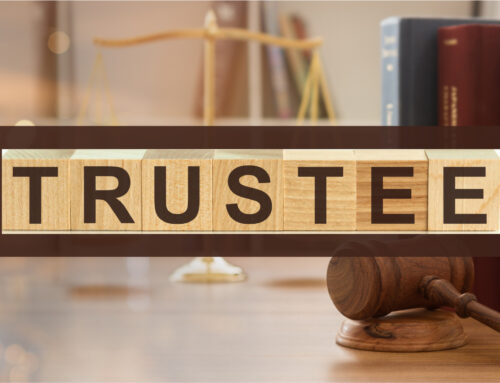Every family crushed by the devastating diagnosis of dementia – usually Alzheimers – should read The 36-hour Day (4th ed., Johns Hopkins Press) by Nancy L. Mace, M. A., and Peter Robins, M. D. With their fascinating description of the medical and social tornadoes of memory loss, the authors urge families to get early and competent legal help.
Get early legal help.
While the diagnosis usually comes early enough to allow good legal planning, most families put off seeing a lawyer until it’s too late. They decide to “cross that bridge when we come to it.” But delays become very expensive when the family is denied medicaid or is forced into an expensive “spend-down” that might have been avoided. Often, estate planning is procrastinated until mom or dad is no longer competent to sign a will, trust, or health Care directive, and the family is left to argue about what she or he would have wanted. These mistakes just compound the grief.
Get competent legal help.
By “competent” we mean trained in “Elder Law,” the practice of law which combines estate planning with disability law and other needs of elderly Americans.
Standard estate plans can make your dementia disaster worse. Few Utah lawyers know how to plan for Ahlzheimers or memory loss because they know little about Medicaid and other public benefits. Standard wills and trusts (and all joint tenancy property deeds), for example, leave property to the surviving spouse. But an inheritance left to a spouse with dementia can immediately disqualify her from Medicaid until the entire gift is used up. Also, standard estate planning usually does not include special needs trusts or mechanisms for appointing guardians or conservators for loved ones who cannot act for themselves.
The usual durable powers of attorney contain no directions to prevent disqualifications from Medicaid or other public benefits.
Revocable trusts do not protect assets from Medicaid, and usually do not appoint independent trustees.
Overlooked beneficiary designations on insurance policies, bank accounts, and retirement accounts can be hurtful. Jointly owned property like cars, motor homes, vacation plans or retirement accounts can cost a family more than the property is worth.
All or many of these legal problems might be avoided if the attorney is trained in Elder Law and is aware of a memory loss disease.
If your family is facing the tragedy of dementia, please make time to call a Utah attorney who practices elder law.
_____________
Published January 1, 2009, © 2009 UtahElderLaw.com






Leave A Comment